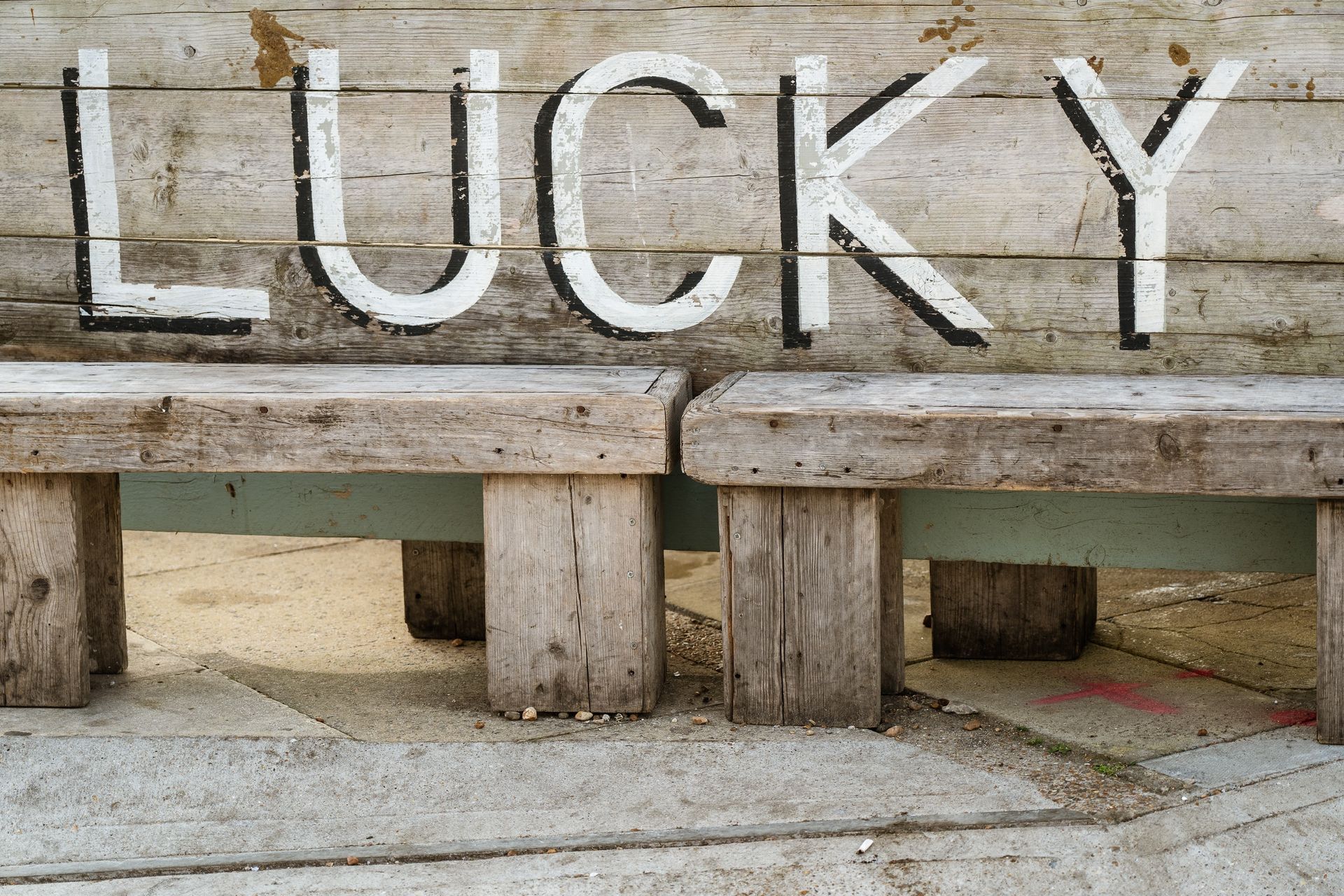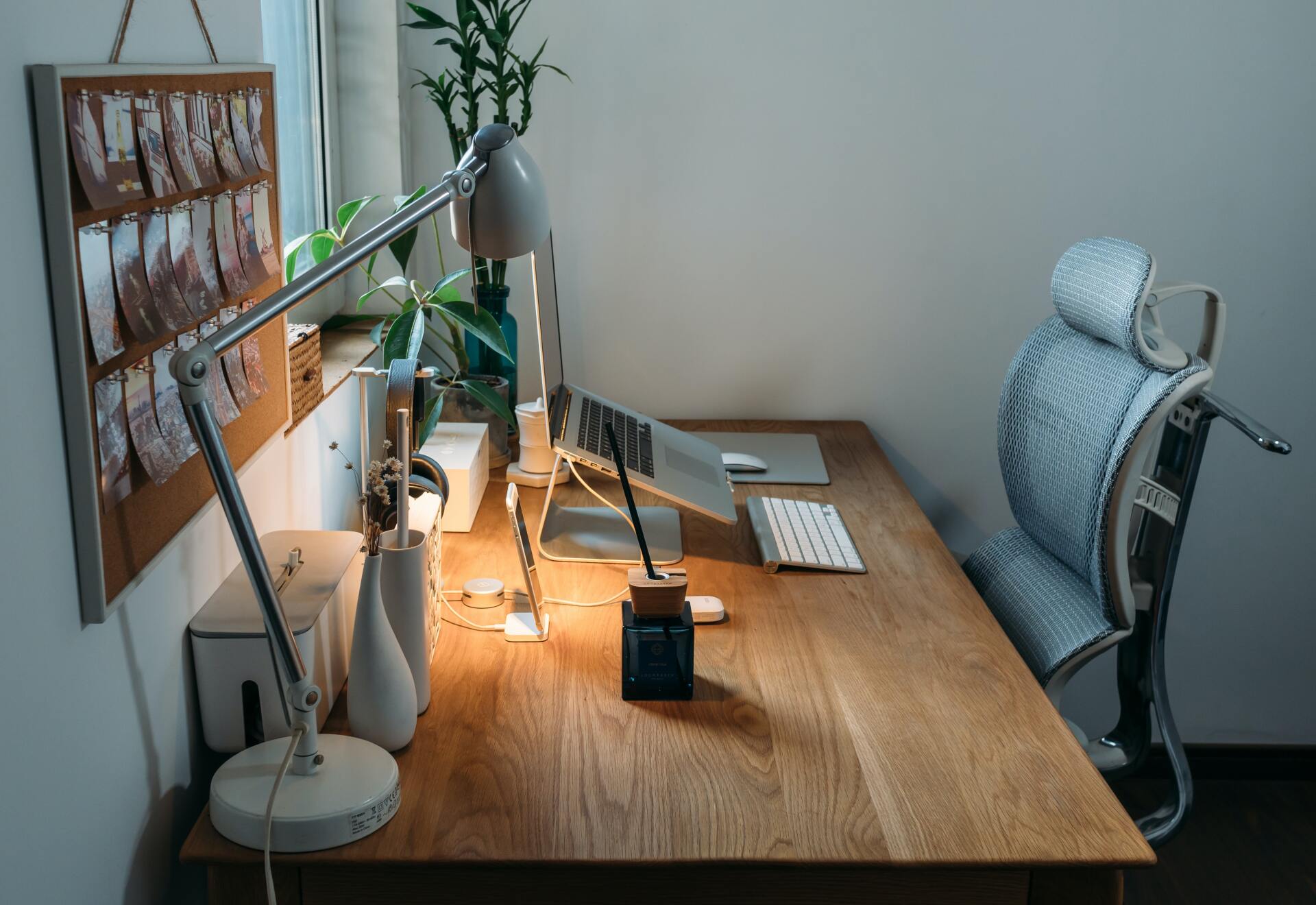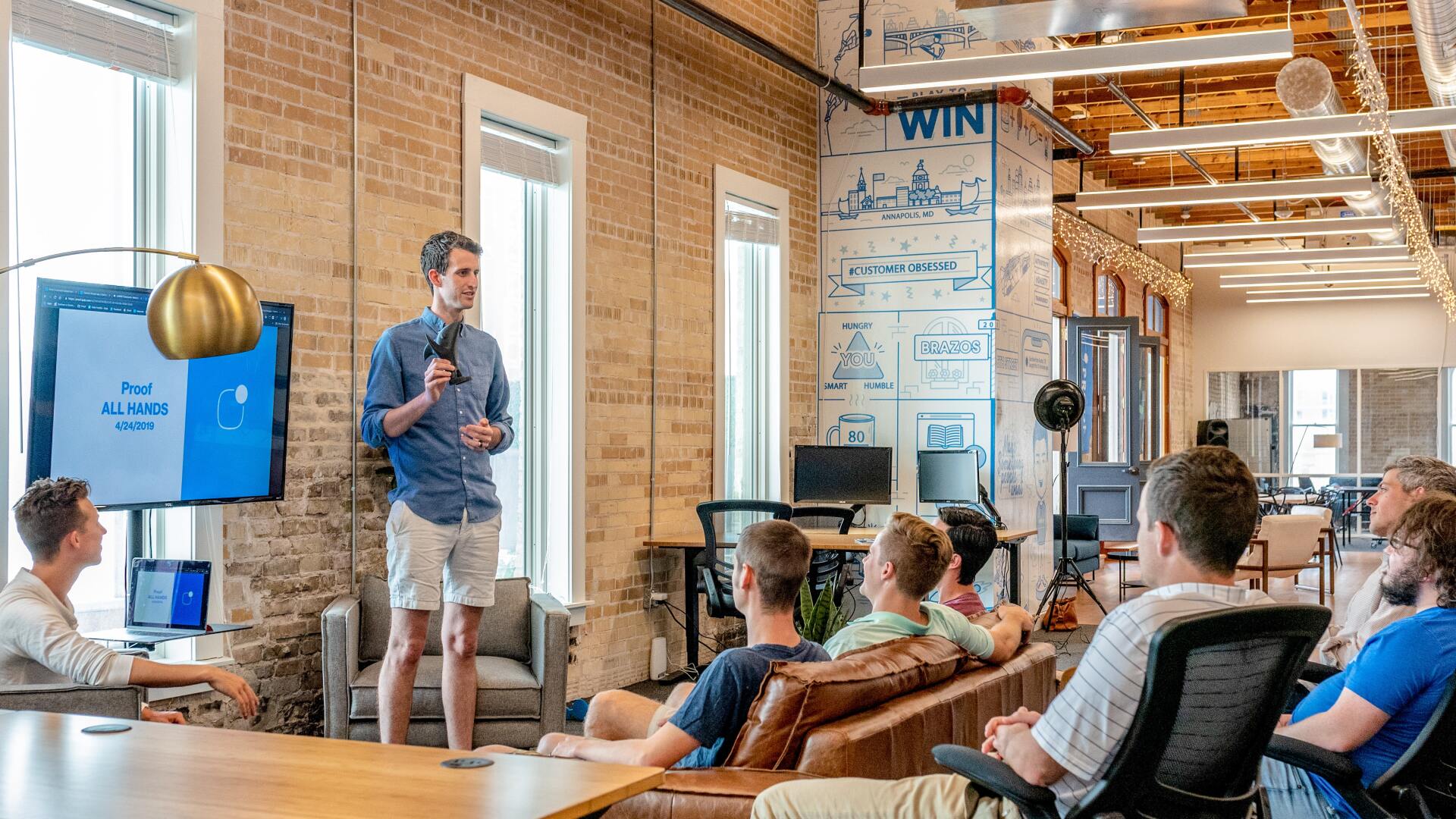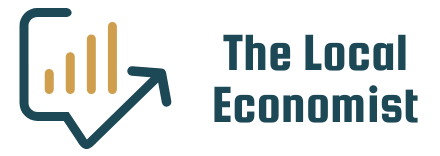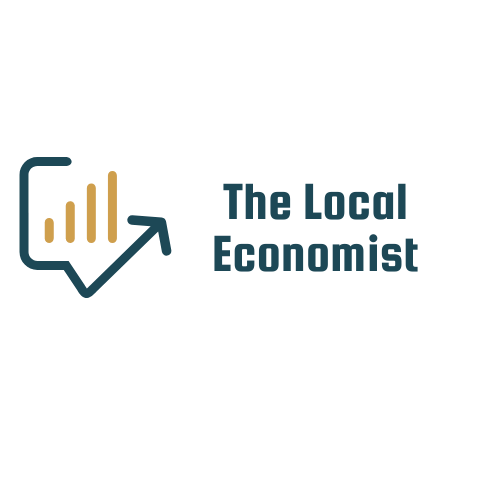Wacetalk
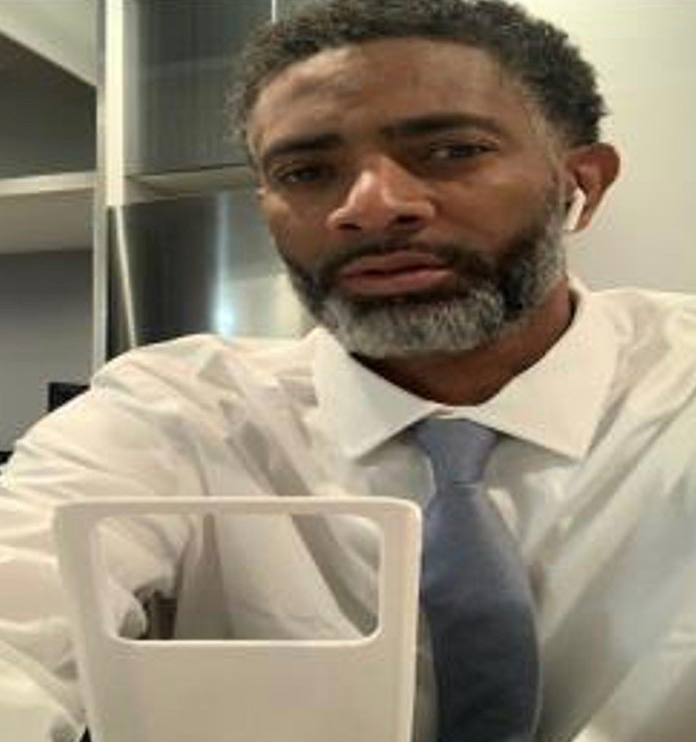
There are a number of ways that an idea for a product or business can come about for an individual. Be it by a stroke of luck, divine intervention, or the desire to make one’s own life easier, ideas can come about spontaneously or through meticulous thought and planning. For Darin, his inspiration came about through personal desire to make his life easier and by spur of the moment thinking.

Darin’s story of his entrepreneurial journey can be traced back to his time serving in the military. After devoting his life and service to the country he was unfortunately injured during duty and sustained lasting effects that he has carried with him to this day. He now lives with about 60% mobility in his arm, something he says hinders him in his daily life and had been the source of frustration.
So what does this have to do with the entrepreneurial drive he has? Because of this injury, Darin shared that the inspiration for his product and business came to him. After having dinner one night, he was leaving a restaurant and his injury began to act up and cause him pain. While outside that restaurant he attempted to simply take his phone out and found this, like so many other tasks, had become difficult for him. It was at this point, with the desire to make doing this small task easier that he had a thought. This was the moment that sparked an idea that could help not only him, but others facing similar physical limitations. His idea for a device that could attach to the belt and hold onto the phone, while still being maneuverable enough to actively use the phone, without having to hold it in your hand was born.
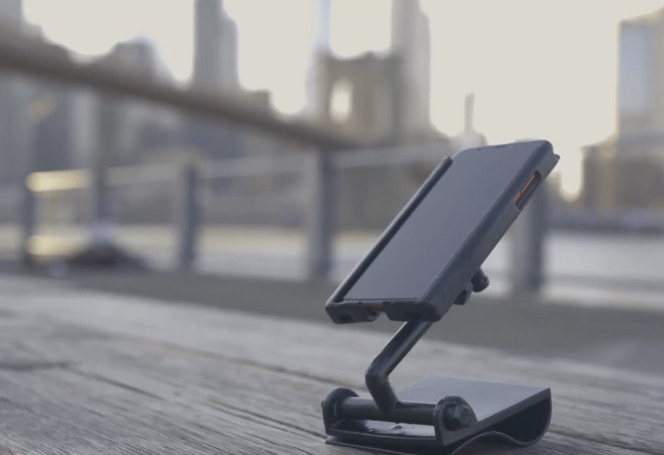
From the onset of his inspiration Darin went to work looking into if this product could already be in existence. Shockingly enough, the product Darin envisioned did not yet have exist in the market. Darin went on to cite how the government allocates billions of dollars to those who left work and lost their jobs due to arm and hand injuries and yet there was no solution likes his out there as an option for so many people like himself. The vision for the product is to not only help injuries veterans with arm and hand mobility injuries but the wider community of those with disabilities and degenerative conditions.
Darin knew it wouldn’t be easy to get his product out there and create interest from large groups. Even with some foresight to the struggles that may lie ahead, he continued forward by going to Home Depot for supplies to make his own rough prototype. Following his initial design, he now had a concept he could take to a 3D printer to fine-tune the design and further clarify the vision for the product. With this more robust prototype in-hand, Darin was able to enlist more and more contacts to help zone in on what the true prototype should be and how it should function.
Darin shared how he has been fortunate from his military background to have had contacts dedicated to helping veteran’s with ideas like his, from putting him in contact with the right people to his legal aid in obtaining his patents. He recognizes this isn’t a privilege everyone is able to have access to. Despite his resources, Darin pointed to a huge obstacle that effects everyone in the entrepreneurial space equally. Product development and delivery to the customer base can almost be overcomplicated in this day and age. Keeping sight of the basics is how he grounds himself in his work. He has a product that he wants to get out to his customers, to create a fair exchange. He says losing sight of the simplicity of business can make good people with good ideas put those ideas on the back burner and lose heart in their own journey. “I think a lot of times people get stopped by the barriers they create themselves.” Having faith in their ideas should be the push they hold onto to make it through the difficult hurdles.
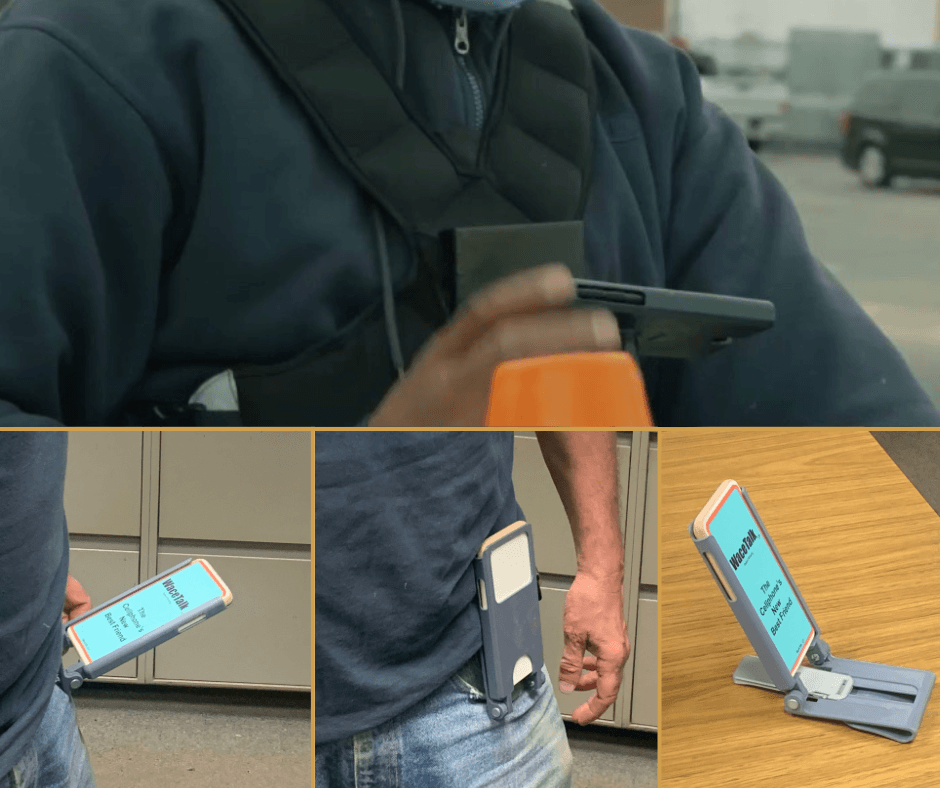
Darin personally points to his own character of being a natural born problem solver and trouble shooter that gets him through the tough spots and day to day activities that drive his business and product development forward. He is a strong supporter of the idea that it doesn’t matter who you are, it’s possible to make your ideas come to life with perseverance. “Ideas don’t belong to just one person. It could happen to anyone…Not everyone takes their ideas to the next level.” Starting a business can be one of the most trying and seemingly insurmountable things to accomplish, but as Darin shared, anyone can make happen when they put in the work for it and love what the idea or service they are working towards fulfilling.
Wacetalk has gone through several stages of development and multiple prototypes as Darin has worked towards perfecting his design. He is now looking forward to his initial launch and forming relationships with reputable retailers who will help him accomplish his goal of making Wacetalk available across the country for those who have been injured, disabled, or suffer from degenerative conditions. Darin has found that his product helps him immensely with overcoming a task made difficult due to his injuries, and he hopes it can make other’s lives just a bit easier as well. For more information, please check out Wacetalk and Darin’s website below!
Wacetalk
Before you go...
After sending the article to Darin for his approval, he felt that the article was a little too focused on himself. He wanted to make sure the stellar team around him received the credit they deserve. Here's what he wanted me to include about the people that are working alongside him to help achieve his vision.
"WaceTalk LLC. Currently has two very supportive employees who have a seat in Wacetalk LLC. and who have helped and been very influential in building, supporting, and assisting with helping to form a positive Foundation for our Wacetalk LLC./ assistive technology to it’s current space is as follows.
Khalid Gross (M.S. in Management) is our CFO and serves as the Principal Investigator of Wacetalk LLC. Gross currently serves as the business and industry development manager and professor at Delgado Community College in New Orleans and he is also a New York resident part time as well. Gross has 9 years’ experience leading economic development programs. Gross manages workforce and small business development programs and serves as lead administrator of the NIST/MEP/SRA grant program at the College. He has managed large teams and multiple government funded economic development programs with budgets ranging from $150,000 to $1.1 million.
Along with John Herman (B.S. In Engineering), an Engineer and technical support specialist who has over 20 years of experience in prototyping and engineering at his previous employer called Creative Models and Prototypes.
The important message here is that Team work leads to creating a foundation for success."
join the newsletter
Thanks for joining us!
Please try again later.
Recent Posts


